The Ultimate Haircare Tips for Men
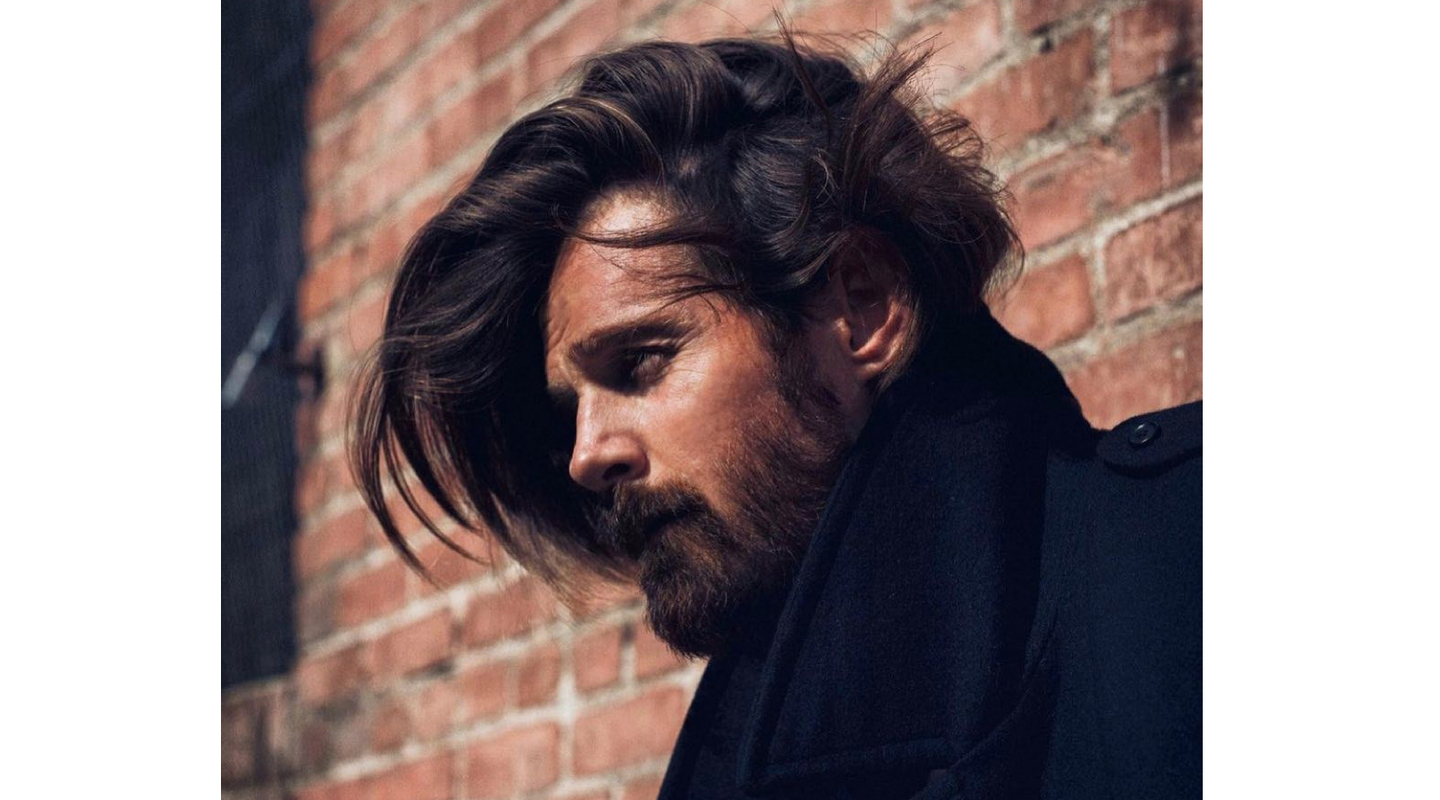

It’s a sad fact that the majority of the male population will tragically face hair thinning at some point in their life. The wild, voluminous mane, oftentimes and sadly, becomes a thing of the past. But even though we cannot escape our genetics, the proper care and maintenance can slow down the process and help us make the most of our hair.
Unfortunately, some men can take a carefree approach to hair, usually beginning and ending with regular trims and washes. There is rarely a consideration for proper nourishment and maintenance, and the wake-up call usually comes too late after the problem appears. However, developing a smart routine and opting for quality products will make a big difference and minimize the risk of scalp and follicle issues. Staying consistent in applying these haircare tips for men will show results within weeks, and before you know it, you’ll be able to enjoy your hair’s full potential!
Do not wash your hair every time you take a shower
Men tend to have shorter hairstyles than women, which makes washing and drying easier. Every time you jump under the shower, you can wash or wet it, and it will dry fairly quickly, right? However, frequent washes can harm to your scalp and strands, washing out the natural oils that protect your hair. This can make you more susceptible to dandruff, itchy scalp, and losing shine, especially when using aggressive shampoo or “3-in-1” products in your everyday routine. Therefore, to protect your hair’s health, limit washes to no more than 3-4 times a week, depending on how quickly your hair gets oily and how you like it.
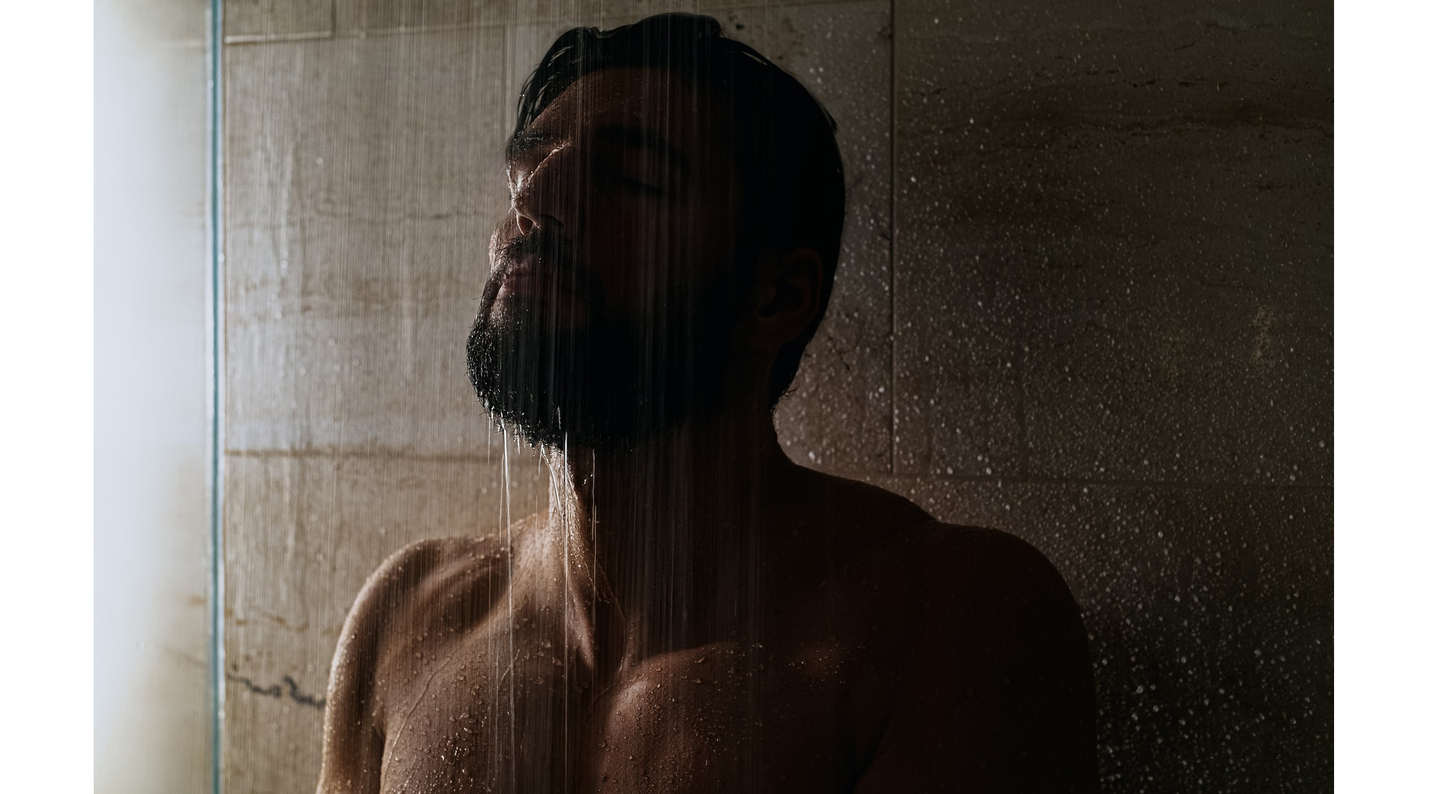
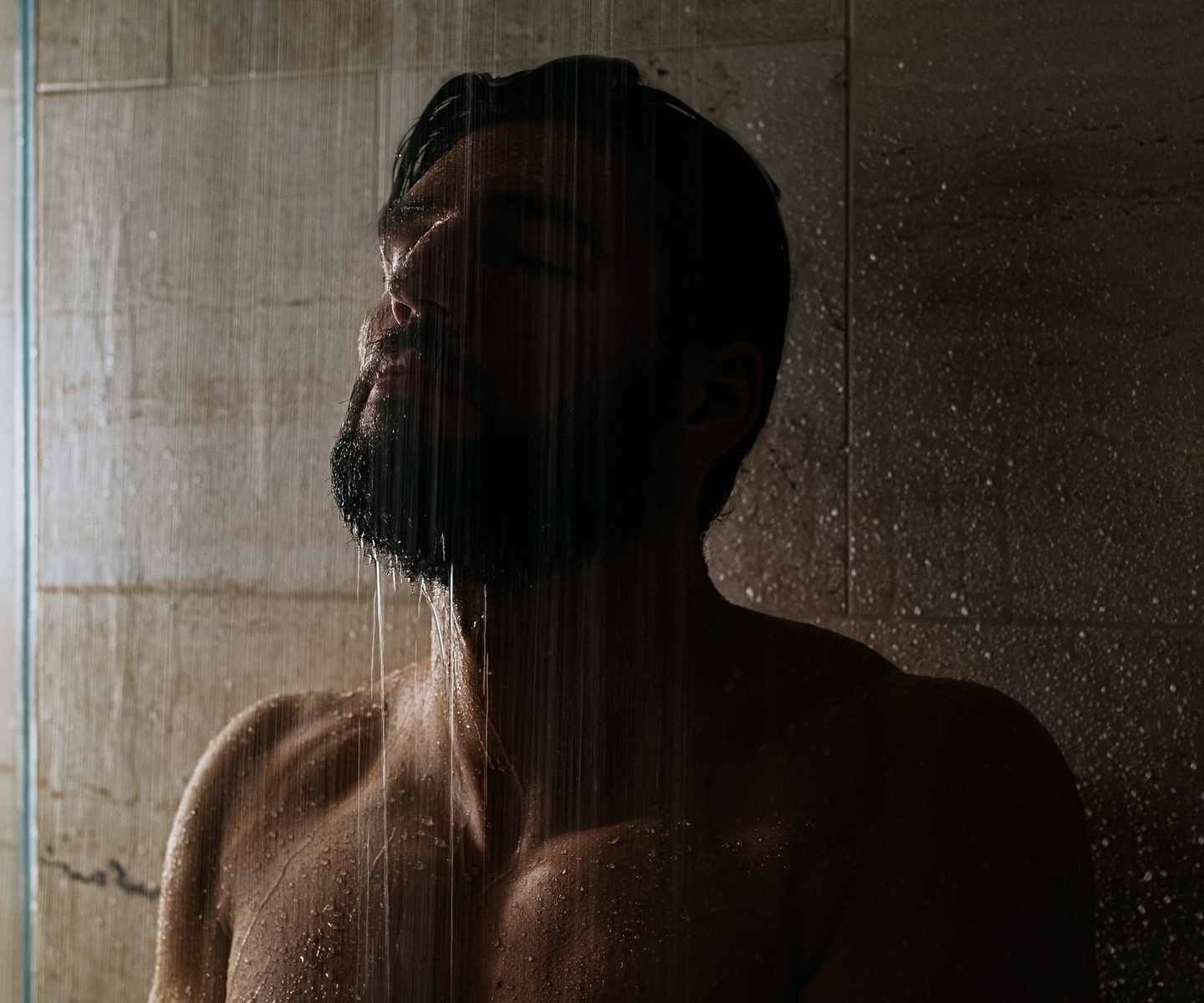
Avoid using shampoos every day if you’re washing your hair during showers
Having a healthy scalp is crucial
Hair strands are like trees. To reach their full potential, they need proper nourishment and maintenance. And just like with trees, the secret of having glorious foliage lies in having healthy roots. Most hair problems come from scalp issues. Therefore, try to prevent the potential discomfort that some habits and external factors can cause. If you’re noticing some scalp problems, try applying these haircare tips for men:
- Tap, don’t rub – When drying your hair with a towel, use less force on the scalp. Wet hair is more prone to breakage, and the scalp is more sensitive after washing.
- Use salon-quality haircare products – Shampoos with certain sulphates may be aggressive and can cause irritations and allergic reactions to your scalp. In addition, they may contain substances that are hormone disruptors. The amount of those chemicals in haircare products is minimal. However, when used for a prolonged period, they may lead to hair health issues.
- Protect the scalp from environmental factors – Polluted environment, UV exposure, heat, and other external factors are common causes of scalp problems. That’s why it’s crucial not to expose your head to heat and sun for long periods during hot summer days. In addition, if you’re living or working in areas where the air is more polluted, it’s necessary to treat your hair with a detoxifying wash and remove the mineral build-ups on your scalp.
- Avoid wearing tight hats and caps – Many people wear hats and caps as an accessory to their outfits. However, never forget that your scalp needs to “breathe”. The same goes for having tightly bound hair. The consequences of these, over time, can lead to hair loss, scalp discomfort, and follicle damage.
The most important haircare tip for men is that prevention is better than cure. Scalp health is essential for having healthy hair. So make sure you have your scalp care under control. Introducing quality nourishment to your scalp regimen and protecting it from harmful factors are steps in the right direction towards having healthy and strong hair.
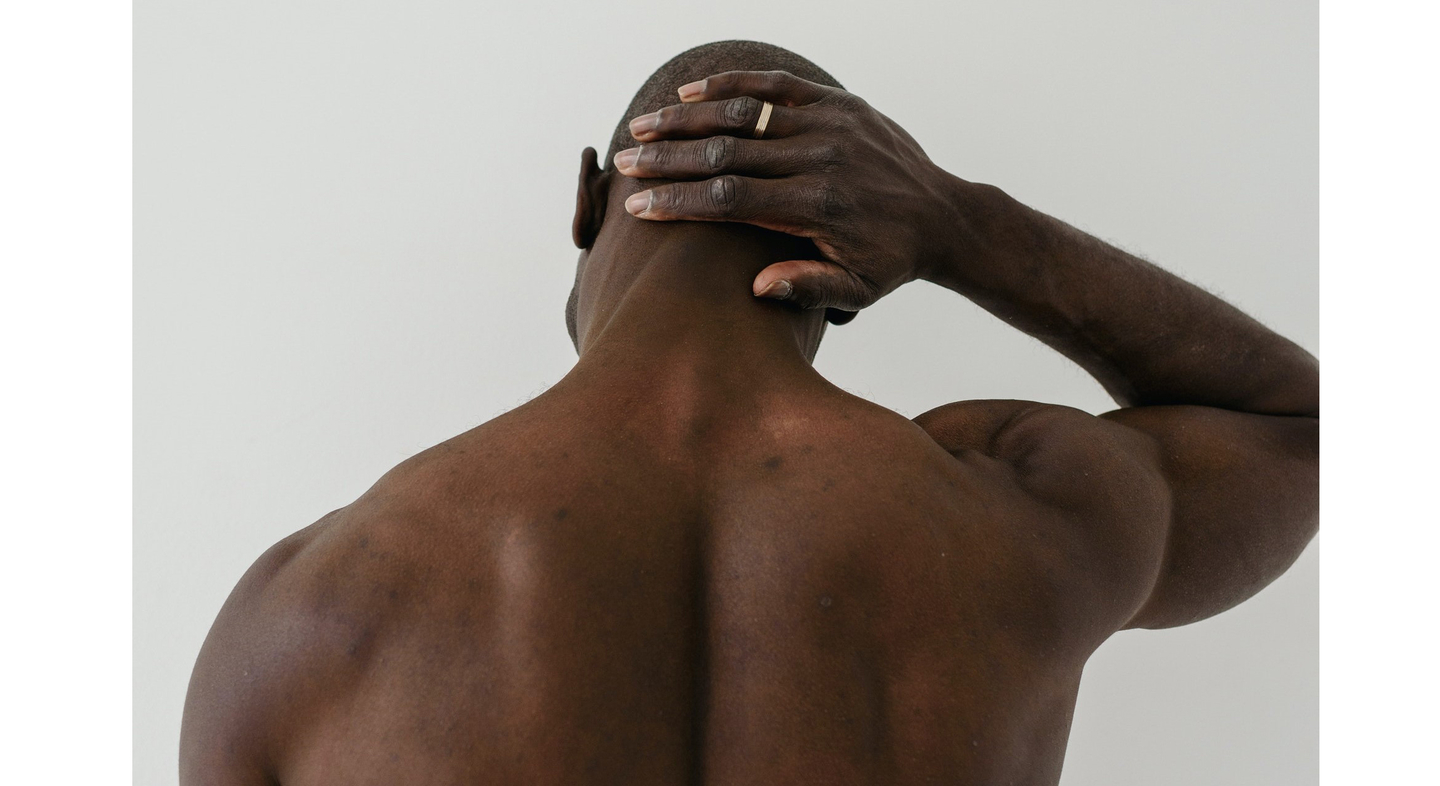
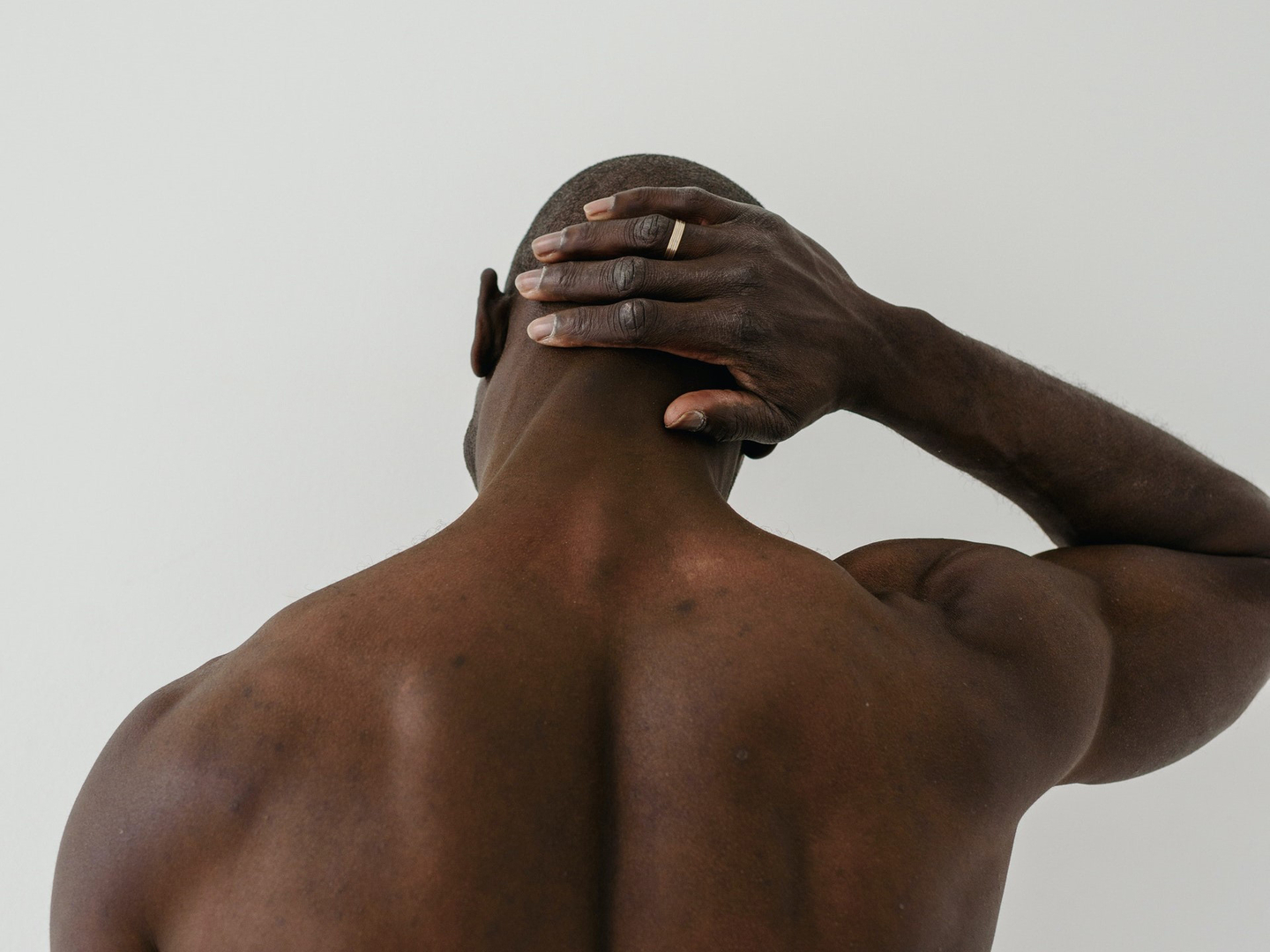
The moment you experience scalp discomfort, address the problem before it leads to serious consequences
Hair loss in men
Believe it or not, over 80% of the male population experiences hair loss by the time they are 80 years old. It is a natural process attributed to androgen-related progressive patterns of thinning hair, leading to hair loss. We cannot change genetic factors that play a huge role in androgenic alopecia (i.e. male baldness). And accepting this can be a hard pill to swallow. But you still can fight it and preserve the hair you have longer!
When dealing with hair that is susceptible to baldness, you need to introduce rich nourishment in vitamins, protein, and scalp care in your haircare regimen. Hair loss is a common problem that men and women face in different life stages. Often it can affect our self-esteem, confidence, and genuine well-being. If you’re challenged by such issues, consult a certified hair expert before you try to determine a hair regimen.
Many scalp conditions can lead to hair loss. Only after a professional diagnosis, you should work on prevention, haircare, and maintenance. The good news is that not all hope is lost! Hair experts at the University Of Colombia conducted research that brings new hope to people combating alopecia. The first study focuses on reawakening dormant follicles, while the second shows the success of stem cell therapy when attempting to grow new follicles.
Treating oily hair
If you’re struggling with buildup and oily hair, pay attention to different factors that could cause these problems. To fight greasy hair by washing it every day, you are risking stripping the natural oils that protect the strands. Instead, focus on finding the cause of the excess grease. The most common reasons for this are:
- aggressive shampoos and hair products,
- thin and fine strands,
- sebum glands overactivity,
- and stress.
Luckily, you can control most of these factors with a few haircare tips for men and a change of habits. The first and most simple step is changing your shampoo and conditioner. Many hair care products contain harmful chemicals and alcohol. Their frequent use, over time, affects the scalp, follicles, and strands, resulting in various problems. To solve oily hair issues and restore the natural balance of your scalp, opt for a wash with antioxidant oils and amino acids. Antioxidants will shield your hair against free radicals, while amino acids will help boost hydration and restore your natural shine!


When styling your hair, opt for products that don’t contain harmful chemicals
How to treat thin hair
Delicate hair demands special care and maintenance, mainly when strengthening and adding volume. Since thin strands are more susceptible to damage, it’s essential to avoid any chemical, heat-induced, or mechanical damage that could harm it irreparably.
Controlling the sebum glands’ activity
You can control sebum gland activity with the right type of hair products, essential oils, a diet, or medical treatments. After you’ve explored all options to prevent your hair from getting oily, consider professional help for determining a medical treatment based on your scalp condition.
Stress can significantly affect your skin and hair
When facing stressful situations, our bodies respond differently, often exacerbating health issues. Anxiety and stress can trigger the release of hormones and adrenaline, which, when in disarray, cause many skin issues. Cortisol is a steroid hormone made in adrenaline glands that affect the production of skin and scalp oil. When cortisol levels are high, it causes sebaceous glands to work overtime and produce more oil.
To determine the correct oily hair regimen, you’ll need to address issues that cause stressful situations in your life. Stress is a dangerous factor that affects your overall well-being, but it can manifest as hair problems and enhances premature greying. After you start to control your stress levels, you’ll eliminate many anxiety-induced hair and health issues you’ve been facing.


The essential haircare tips for men are to try to avoid stressful situations and to work on mindfulness
What to do if your hair is dry?
There are many reasons for dry hair, but most of them are consequences of scalp discomfort and poor styling habits. Thus, tending scalp issues, introducing necessary nourishment, and hydrating your hair are crucial steps towards restoring your desired look. You can bring life to lifeless hair with a professional scalp and hydrating treatment. But also, it’s vital to change the habits that could lead to dry hair.
Can men and women use the same haircare products?
Most stores have separate men’s and women’s cosmetic sections. The products vary in packages, fragrances, price, etcetera. But what about ingredients? Does men’s hair require different nutrients than women’s? If we compare hair molecular structure, there is no difference between men’s and women’s hair. Things that affect the state of both men’s and women’s hair are maintenance, routine, and styling habits. So, if you’re uncertain which hair products will combat your issues and give you the mane of your dreams, ask a hair professional. Your “hair doctor” will be able to help you connect the dots and customize your hair care ritual.
In conclusion, using high-quality hair products will have just as many benefits for men as it will for women. However, not all shampoos and conditioners will do the trick. Before committing to a specific regimen, make sure to determine your hair type and find products that match it. Different hair types require unique hair regimens – so remember, with great hair comes great responsibility!
Featured image source: nader.rbn


